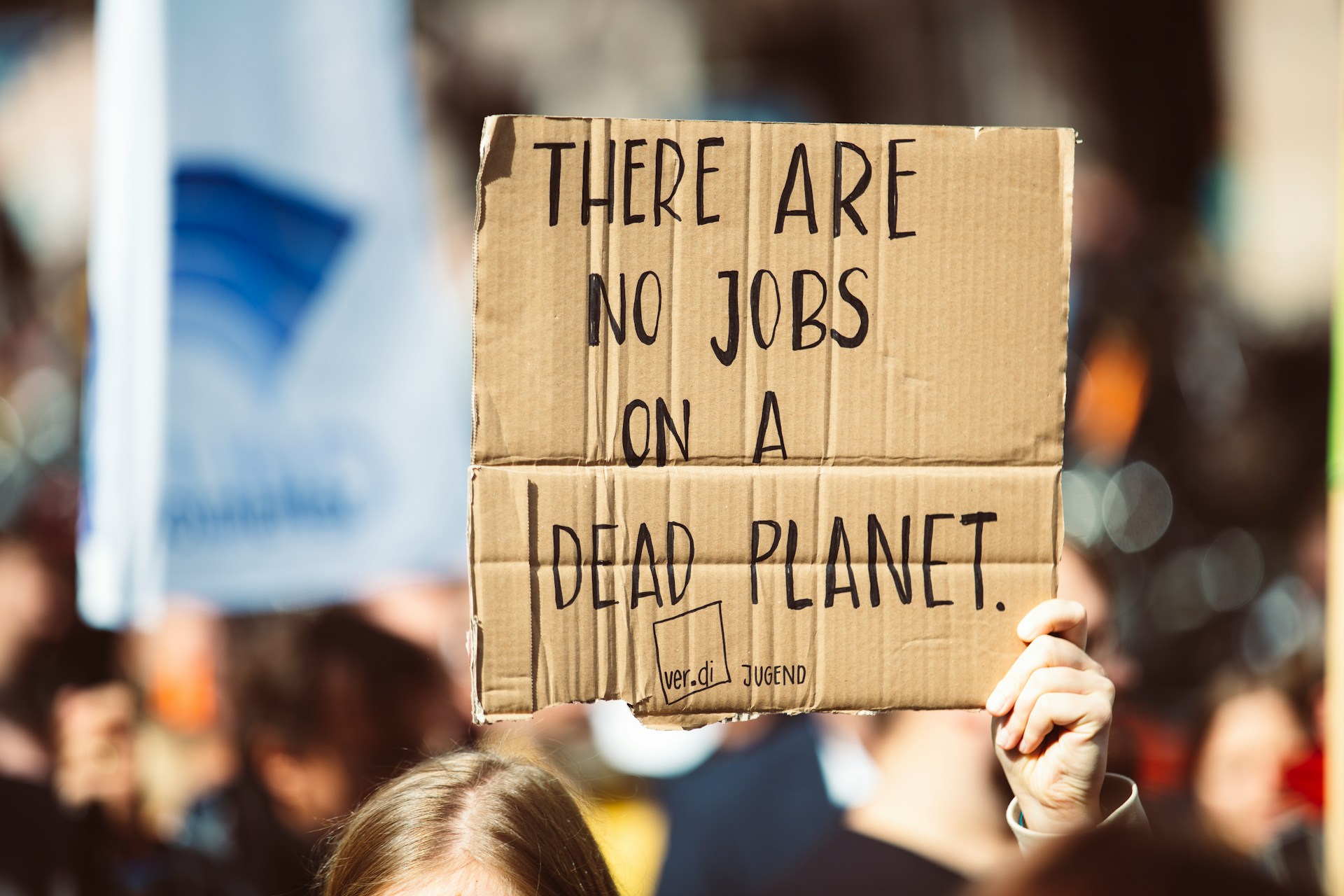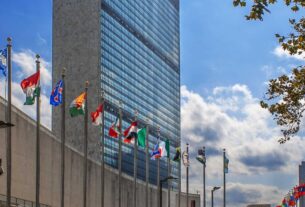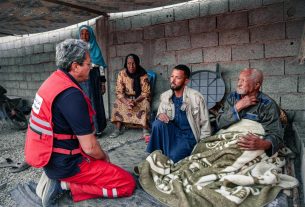December 6, 2024 – Mary Lawlor, the United Nations Special Rapporteur on Human Rights Defenders, has raised serious concerns over the U.S. government’s response to the criminal charges filed against climate activists Alex Connon and John Mark Rozendaal. The two activists were among hundreds arrested during peaceful protests against fossil fuel financing in New York City, prompting international scrutiny of the U.S.’s handling of non-violent climate protests.
In a letter sent to U.S. authorities on September 30, Lawlor and three other UN human rights experts highlighted the potential violation of international human rights law, urging the U.S. to clarify its stance on the treatment of peaceful climate protesters. The letter, addressed to the U.S. mission at the United Nations in Geneva, questioned the legal basis for the charges against Connon and Rozendaal, which included assault and criminal contempt.
Controversial Charges and Their Aftermath
The charges stemmed from the activists’ participation in a protest outside Citibank’s headquarters, calling for an end to financing the fossil fuel industry. Both Connon, director of the Stop the Money Pipeline coalition, and Rozendaal, a professional cellist, were initially charged with assault based on a security guard’s complaint. These charges were later dropped when the security guard failed to submit a deposition. However, the pair was still charged with criminal contempt, which carries a maximum sentence of seven years. The contempt charges were later reduced to “disorderly conduct” after the activists pled guilty, with Rozendaal’s cello performance outside the bank and Connon’s umbrella sheltering him from rain deemed the basis for the charges.
Lawlor expressed disappointment that no response had been received from the U.S. government after two months, calling attention to the broader trend of criminalizing peaceful climate activism. The letter from Lawlor and her colleagues called for clarity on the steps taken by the U.S. to ensure the protection of human rights defenders engaged in environmental advocacy, free from threats, violence, or retaliation.
The Growing Crackdown on Environmental Activism
The incident involving Connon and Rozendaal reflects a broader, concerning trend in the U.S. where climate activists have increasingly faced legal repercussions for non-violent civil disobedience. These actions, often in response to the growing climate crisis and the expanding fossil fuel industry, have included road blockages, tree-sitting, and protests aimed at slowing down pipeline construction and raising public awareness. Lawlor criticized the U.S. for failing to protect these activists, highlighting how such actions are now routinely met with criminal charges rather than support for the pressing issue of climate change.
Meanwhile, environmental activists like Rachel Berkrot, who was recently spared jail time after a last-minute plea deal in West Virginia, continue to face increasing legal pressure. Berkrot had been among eight activists charged under the state’s controversial critical infrastructure law after protesting against the Mountain Valley gas pipeline. Though the critical infrastructure charge was dropped, she still faces a fine and has been charged with trespassing and obstruction.
Anti-Protest Laws and the Fossil Fuel Industry
Lawlor’s concerns are amplified by the proliferation of anti-protest laws across the U.S. that criminalize civil disobedience, particularly in relation to fossil fuel infrastructure. At least 22 states have enacted critical infrastructure laws, many of which punish protesters with felony charges, fines, and lengthy prison sentences. These laws were introduced after the 2016 protests against the Dakota Access Pipeline at Standing Rock, where Indigenous-led resistance captured global attention.
Rachel Berkrot, commenting on her case, linked this surge in repression to a broader pattern of collusion between state authorities and the fossil fuel industry, aimed at silencing environmental resistance. She warned that the escalation of such laws and crackdowns on activists represents a troubling erosion of rights at a time when the climate crisis is rapidly intensifying.
A Call for Action
The UN experts, including Lawlor, continue to call on the U.S. and other governments to reassess their treatment of climate activists and ensure that human rights, including the right to protest, are respected. “The climate crisis is a human rights crisis,” Lawlor stated, urging states to change course before the rights of millions are further compromised.
As activists around the world demand urgent action on climate change, the crackdown on protests only highlights the growing tension between corporate interests, government policy, and the rights of individuals to peacefully demand a sustainable and just future. The international community, through bodies like the UN, is calling for a renewed commitment to human rights protections, particularly for those on the frontlines of climate activism.



